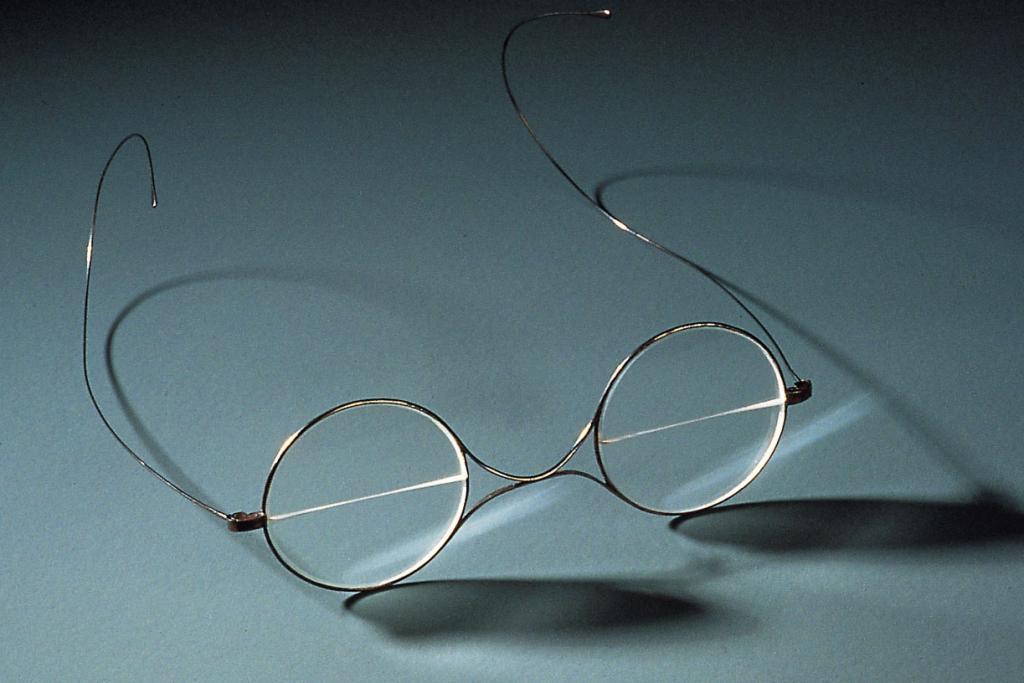Nuremberg Eye Tests: Why Regular Checkups Are Essential
When it comes to our health, we often focus on the usual checkups: dentist visits, general health exams, and the occasional trip to the doctor. But there’s one aspect of our health that’s easy to overlook until problems arise—and that’s our eyesight. Regular eye tests are just as important as those other checkups, yet they tend to get sidelined by the busyness of everyday life. If you’re in Nuremberg or anywhere else, it’s time to shift your focus to the health of your eyes and recognize the importance of routine eye tests.
Whether you’re already experiencing some visual discomfort or you simply want to ensure your eyes stay in top shape for years to come, eye exams are an essential part of maintaining overall health. In this article, we’ll explore why regular eye tests are crucial, how they can prevent future issues, and why scheduling an eye checkup in Nuremberg should be at the top of your health priority list.
Eye Health: More Than Just Vision
For many people, the primary concern when it comes to their eyes is their vision. We often associate eye exams solely with the need for Gleitsichtbrille Nürnberg or contact lenses. However, regular eye tests offer much more than just the opportunity to correct your eyesight. They provide a comprehensive look into your overall health.
Did you know that an eye exam can also detect signs of serious health conditions such as diabetes, high blood pressure, and even cancer? The eyes are windows to the body, and a trained eye doctor can spot issues that might otherwise go unnoticed. This is why eye tests are so much more than just a way to make sure you can see clearly. They are a proactive step toward preventing severe health issues down the road.
The Importance of Early Detection
Regular eye tests in Nuremberg can help identify potential problems early, often before they develop into major issues. Just like how regular health checkups can detect conditions like heart disease or high cholesterol, eye exams can uncover the early stages of eye diseases like glaucoma, macular degeneration, or cataracts.
Many eye conditions don’t present symptoms until they’ve reached an advanced stage, meaning you might not realize there’s anything wrong until significant damage has been done. Glaucoma, for example, is known as the “silent thief of sight” because it often progresses without noticeable symptoms. If it’s caught early, however, it can be managed and treated before it causes permanent vision loss. That’s why regular eye exams are so important—they give you a chance to catch these problems before they become debilitating.
Eye Exams Are for Everyone
It’s a common misconception that eye exams are only necessary for older individuals or those who already wear glasses. The reality is that eye tests should be a part of your healthcare routine at any age.
For children, early eye exams are crucial. Many kids don’t realize they have vision problems, and these issues can affect their performance in school, their ability to participate in sports, and even their social development. Pediatric eye exams can identify conditions such as lazy eye or nearsightedness early, helping to ensure your child’s vision develops correctly.
For adults, regular exams are essential, even if you don’t wear glasses or contact lenses. As you age, your eyes go through natural changes, and certain conditions may begin to affect your vision. The earlier you address these issues, the better equipped you’ll be to prevent long-term complications.
What Happens During an Eye Test in Nuremberg?
Getting an eye test is quick, easy, and often painless. In Nuremberg, you’ll find many reputable eye care clinics and optometrists who are ready to perform thorough eye exams. The process typically involves several steps:
-
Visual Acuity Test: You’ll be asked to read letters on an eye chart, testing how well you can see at various distances.
-
Refraction Test: This helps determine your prescription for glasses or contacts, if needed. You’ll be asked to look through different lenses and tell your doctor which ones make the letters clearer.
-
Eye Pressure Test: A quick puff of air is used to measure the pressure inside your eyes. This helps check for signs of glaucoma.
-
Pupil Dilation: Drops are placed in your eyes to widen your pupils, allowing your eye doctor to look at the back of your eye (retina) and check for any signs of eye disease.
-
Assessment of Eye Health: Your eye doctor will check for early signs of conditions like macular degeneration, cataracts, or diabetic retinopathy, and discuss any potential issues they observe.
The whole process is typically quick and non-invasive, with most exams lasting 20-30 minutes. It’s a small investment in your health that can pay off in huge ways down the line.
Why Nuremberg?
If you live in Nuremberg or nearby areas, you’re in luck. The city boasts a number of highly rated optometrists and ophthalmologists who provide comprehensive eye exams and cutting-edge treatments. Whether you need a routine checkup, have specific concerns, or are interested in exploring options like laser eye surgery or new contact lens technology, Nuremberg has a range of experienced professionals who can cater to your needs.
Additionally, Nuremberg’s healthcare system is known for its accessibility and quality of service. With a growing emphasis on preventative care, the city’s eye care specialists offer services to ensure the longevity of your vision and overall eye health.
The Takeaway: Prioritize Your Eye Health
Your eyes are one of your most valuable assets, and regular eye tests are a key way to ensure they stay healthy for years to come. Whether you’re already experiencing symptoms, or you simply want to stay ahead of potential issues, scheduling regular eye exams in Nuremberg is an investment that will pay off in the long run.
Don’t wait for vision problems to catch up with you—schedule your eye test today and give yourself peace of mind knowing that your eye health is in good hands. From children to seniors, everyone benefits from regular eye checkups. The earlier you spot potential issues, the easier it is to prevent long-term complications.
So, the next time you’re scheduling a checkup, don’t forget your eyes. They deserve just as much attention as the rest of your body. Stay on top of your eye health with routine exams, and see the world with clarity for years to come.



